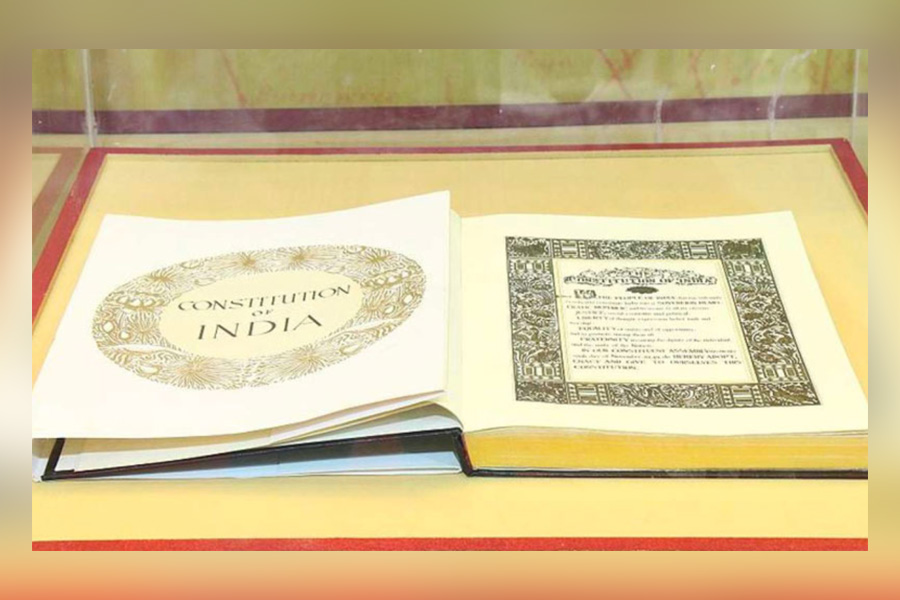
This paper sketches two problems that the development of constitutional morality presents for Indian constitutional theory.
Author
Nakul Nayak, Assistant Professor, Jindal Global Law School, O.P. Jindal Global University, Sonipat, Haryana, India.
Summary
Over the last dozen years, Indian courts have formulated the idea that, inherent in the Indian Constitution, lies a type of morality referred to as constitutional morality (CM). CM acts as an interpretive device to help courts ascertain the meaning of the Constitution’s text in contested cases. Fundamental questions around CM, however, remain unaddressed: What are the methodological moves that courts have adopted to deploy CM in case law? What judicial premises and logics are at work in CM? And, given CM’s path dependence, what implications does CM have for Indian constitutional law and theory?
This Article attempts to address these questions, using three levels of analysis. First, it explores the intellectual history of CM to ascertain how B.R. Ambedkar—the chief draftsperson of India’s Constitution—conceptualized it. Second, it develops a framework that situates CM as understood by Indian courts. Courts have given two distinct meanings to CM: (i) CM as a fiction that anchors the meaning of “morality” understood as a restriction to fundamental rights, and (ii) as an obligation on institutional actors to follow ethical political practices even when the law does not guide their conduct.
This Article charts out both accounts and analyzes them on their own terms. Finally, it sketches two problems that the development of CM presents for Indian constitutional theory. As the Indian Supreme Court gears up to commence hearings on whether courts may continue to use CM as an interpretive device, the normative attractiveness of CM will be under the scanner. The framework and analyses I have developed can act as a foundation on which critiques and defenses of CM can take place.
Published in: The American Journal of Comparative Law
To read the full article, please click here.

